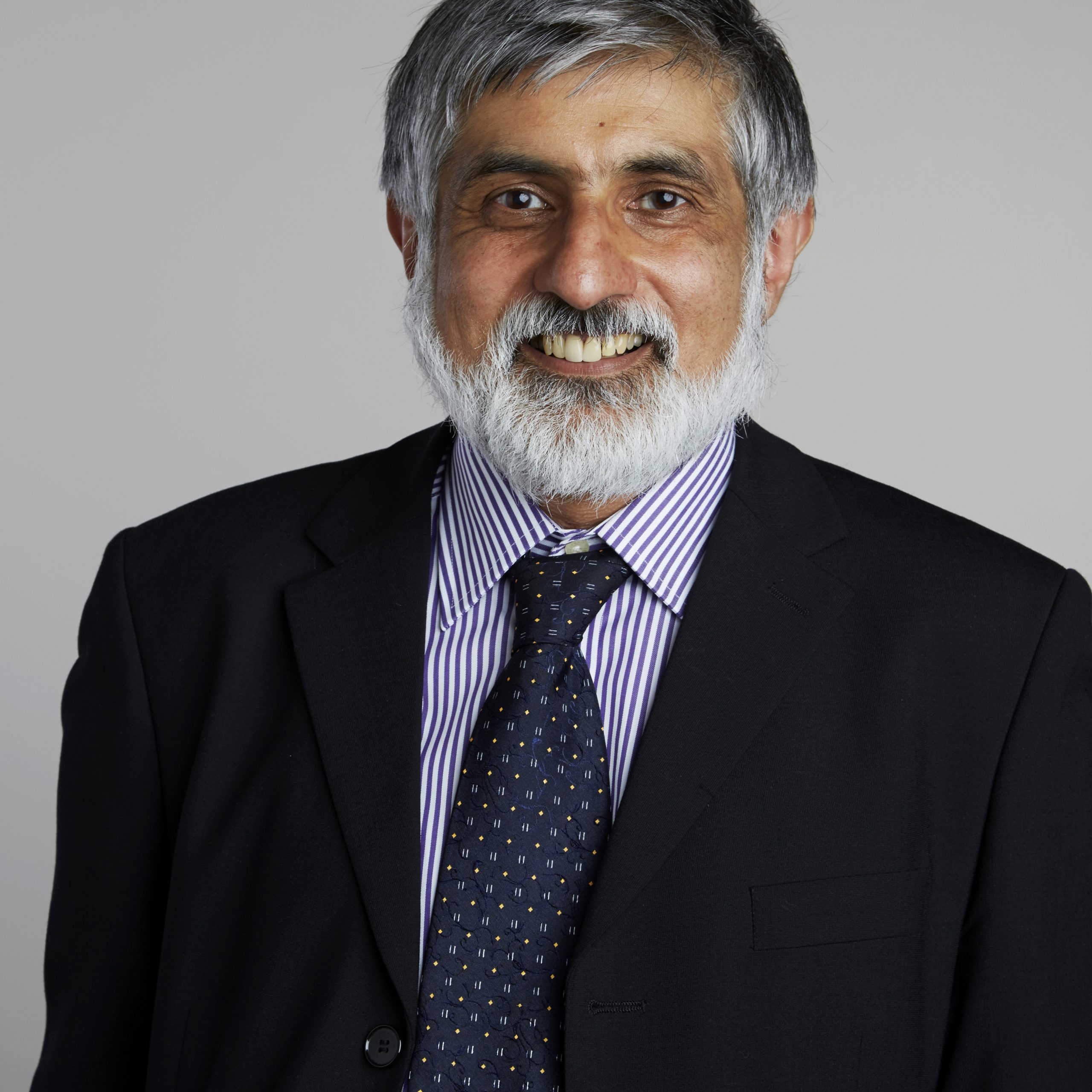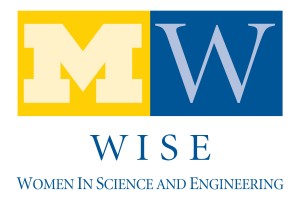R Programming & Research Camp for High School Students
This camp provides statistical methods in the context of disease research. It is for current (2019-20) high school and exceptional 8th grade students who want to learn computer programming in relation to future biomedical applications. R is a statistical tool and programming language with excellent graphic options, useful in various application areas such as medicine, public policy, and economics. After R is introduced, the students will assess current biomedical problems and identify useful tools for research. Students will be encouraged to write a program to aid in biological research and to share the program online as authors such as through GitHub.
The R Programming Camp is not just a programming camp; it provides essential tools and datasets with which students can develop their own research projects. Students will learn TCGA big data analysis using microRNA sequencing data of cancer patients. This year, we will pilot using an R machine learning package during the camp.
Invited Speaker
Philip Maini, PhD

Professor of Mathematical Biology,
University of Oxford
Note: All campers are invited to join any and all talks, regardless of which camp they signed up for.
DATE: July 13-17, 2020 (Mon – Fri) TIME: 9 am – 4 pm, Central time (10 am – 5 pm, Eastern time)
LOCATION: Undergraduate Science Building, University of Michigan, Ann Arbor, MI 48109 Online
INTENDED AUDIENCE: Academically motivated current (2019-20) high school and exceptional 8th grade students interested in computers, math, science, and medicine.
FEE: $540 (Automatic basic memership included for all campers)
After reviewing your essay in the registration form, we will inform you regarding acceptance within 5 business days. If accepted, you will be sent payment options. Limited partial scholarships are available for financially-challenge students such as those in a free or reduced lunch program. Proof of income is required.
If you have a regular membership and this is the first camp: $460.00; if second camp: $500.
You may want to consider regular membership.
Bring a laptop and lunch (morning and afternoon snacks provided).
REGISTRATION FEE: $25 (your registration is finalized after the fee is received).
RegistrationStudents with camp certificates will be qualified to become miRcore volunteers. Students in the high school volunteer program, which runs throughout the school year, determine a disease of focus for the year, and collaborate with similar level students in researching the disease. Out-of-state students can join the volunteer meetings through an online meeting platform.
Sponsor: Women In Science and Engineering (WISE)

Goals
- Expose high school students to career opportunities in biomedicine through hands-on experience in computational genomics and prepare them for the emerging era of medical genomics, when all doctors must be well-acquainted with genetic discoveries, technologies, and applications.
- Identify potential GIDAS (Genes In Diseases And Symptoms) club leaders at their schools.
Specific Aims
- Understand current biomedical problems in terms of genetics and what is required to contribute to next-generation medical practices.
- Understand biology concepts through solving problems in R.
- Become familiar with statistics and the R programming language.
- Identify projects useful for next generation research.
- Try R machine learning package for patient diagnostics (pilot).
- Write an R program useful to the biological research community and share/publish it online.
Day by Day Focus
| Monday | Tuesday | Wednesday | Thursday | Friday | |
| Biology Themes | Big Data and TCGA | Gene Expression and Target Regulation by miRNA | Statistics and Biomarkers | Tumor Identification and Prediction | Specific Cancer Biomarkers and Social Impacts |
| R Skills | RStudio, RMarkdown, Functions, Data Structure | Graphs | Programming Logic | Packages and Machine Learning | Using R to Analyze Specific Cancer Data |
| Goals | Understanding why we use big data and getting used to RStudio | Communicating information graphically | Using R to compare gene expressions, and connecting miR biomarkers and regulation | Analyzing a real data set to identify case/control with and without biomarkers | Presenting connections between miRNA expressions and cancer |
Tentative career focus
Medical informatician
Physician (medical)
Entrepreneur
Programmer
Friday
Each group will present research project with a program developed throughout the week.
Refund Policy
The $100 administrative fee will not be refunded once the camp application is accepted.
If a student withdraws, the camp fee paid minus the administrative fee will be refunded if we are notified by May 5, 2020.
If a student withdraws between May 6 and June 2, 2020, we will refund 50 percent of the camp fee paid.
No refund will be given after June 2, 2020.
